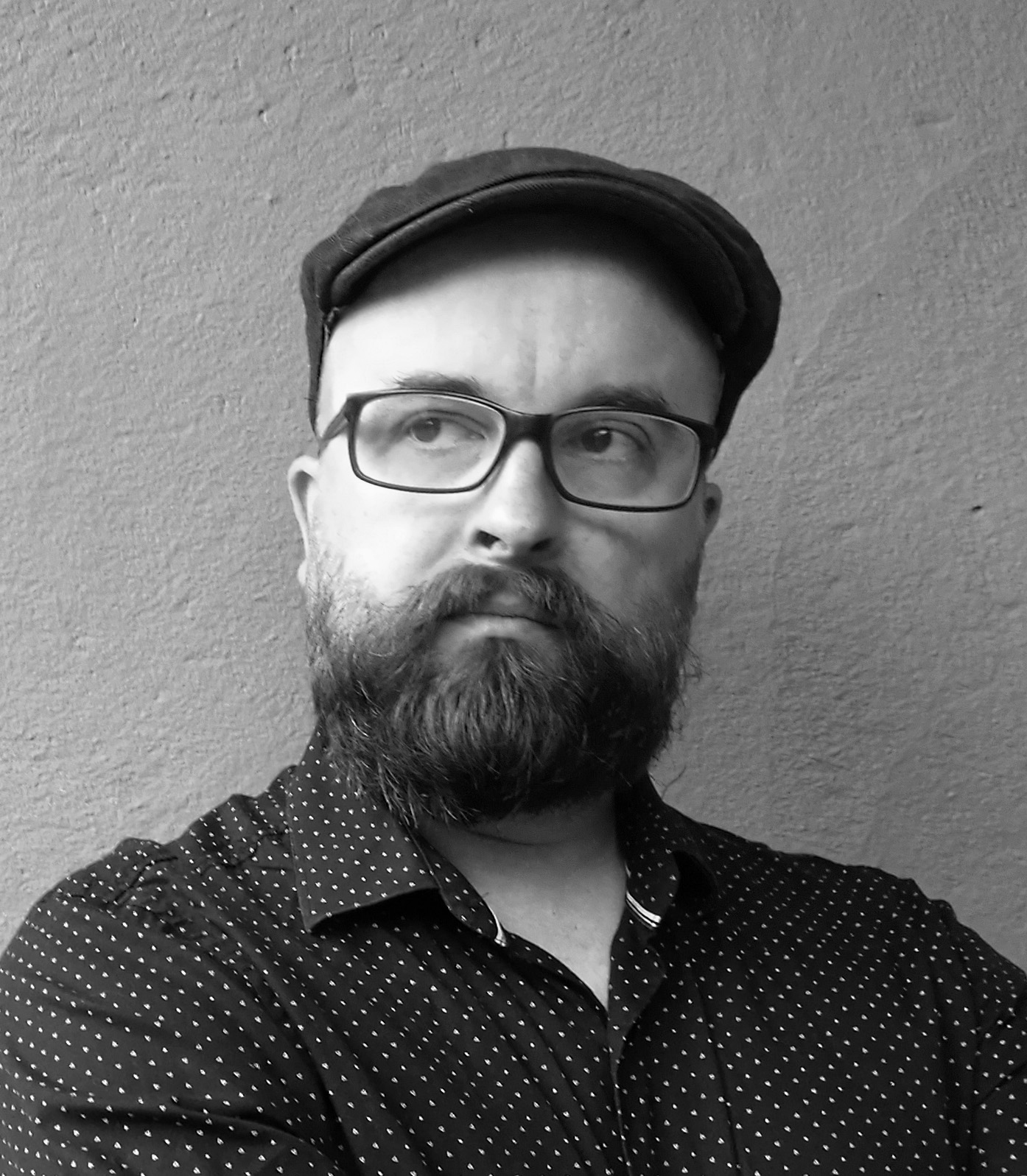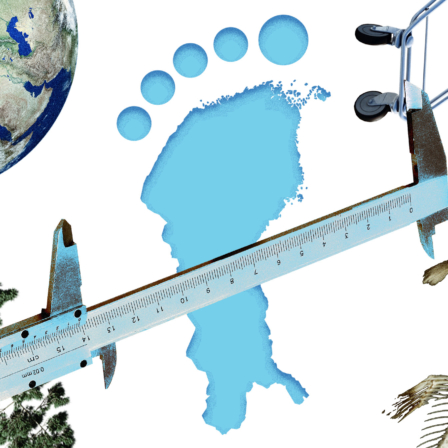A beautiful log house stands by a lake at the end of a forest road. It’s large and stylish, not just a little cottage but a house meant for year-round living. The scene is like something out of an idyllic Finnish movie. A lakefront sauna is visible from the window and a flag is flying proudly.
But this flag is more colourful than the blue and white of Finland. The art on the walls and the sign on the door tell visitors that this is no ordinary holiday home. This is the honorary consulate of Namibia, which is located in Lempäälä in the Pirkanmaa region.
The consulate moved from a shopping centre in Lempäälä to this lakeside setting when the owner, Honorary Consul Timo Palander, retired recently.
Municipal co-operation creates business
Palander’s work has involved developing chambers of commerce and business life in Namibia. One of these projects opened the door to Africa for the Pirkanmaa-based company Molok.
A co-operation project had assessed the environmental activities of Namibian municipalities. The report was followed by discussion about whether Finland had any special expertise that could be jointly developed in Namibia. A light went on: Pirkanmaa was home to waste management and circular economy innovator Molok, whose deep collection containers were already being used in nearly every Finnish town. Molok’s five cubic metre waste containers are 60 per cent underground and, at least in Finland, have been a money-saving investment for local authorities. Namibians might be interested in this!
After some enquiries, Molok expressed an interest in the idea. An exceptionally good family-owned waste management company called Rent-A-Drum had been identified in Namibia, and they seemed enthusiastic about investigating in opportunities to use Finnish technology and expertise in Namibia.
The breakthrough happened at an exhibition held in conjunction with the annual congress of the Association for Local Authorities in Namibia. Molok’s stand had a conspicuous presence at the exhibition.
“I think it received the award for best international stand,” recalls Palander. The company attracted interest among local ministers and other influential people.
This led to discussions with a few Namibian cities and Rent-A-Drum representatives about learning more about Finnish waste management and Molok.
“The critical point was when the cities realised that the Finnish technology offered something new – something that could provide cost effectiveness and ecological benefits,” says Palander.
Another decisive factor was the fact that the people behind these companies understood each other. Palander believes that finding trust and understanding may be the one of the most difficult issues for Finnish companies doing business in Africa.
Growing friendship between hunters
If there’s something that bothers Africans, it’s the superior attitude occasionally displayed by Europeans. People in Africa still remember colonialism well. Although Finland didn’t have any colonies, many in Finland sometimes make the mistake of overlooking this aspect of history.
However, Rent-A-Drum and Molok found an equal partnership – after a bit of nurturing by Palander.
“When I studied international marketing at Helsinki School of Economics in the 1970s, a professor said that if you’re seriously considering international jobs you have to play tennis or golf,” says Palander, as he pours some more tea.
“That was great advice. People need a social context in order to build mutual understanding and trust.”
The CEOs of Molok and Rent-A-Drum found common ground through an interest in hunting rifles rather than the tennis court. Both of them are enthusiastic hunters. They were soon tracking antelope on the land around the holiday home of Rent-A-Drum’s CEO, who, as far as we know, later became the first Namibian to bring down a Finnish elk.
“Building trust starts with the little things, like sitting around a campfire and grilling sausages,” says Palander.
The chaos and unavoidable challenges faced in a new country are also easier to overcome together, as friends.
Local manufacturing
The partners discussed the possibility of exporting Molok’s containers to Namibia. However, it soon became clear that the competitive position would be better if the products were at least partly manufactured in Namibia. A local brand would be stronger, could provide benefits in competitive bidding for local public-sector contracts and products that were at least partly local would be treated more favourably by the Namibian customs and taxation system.
The local element would also be beneficial if operations expanded to other parts of Africa with help from the Southern African Customs Union.
“Namibia only has a population of 2.5 million, but it can be a gateway to southern Africa,” says Palander.
Finnpartnership provided support for the studies and eventually the companies represented by these hunters decided to produce the Molok containers in Namibia. Now they are exported from there to other countries in southern Africa.
















Recommended
Have some more.